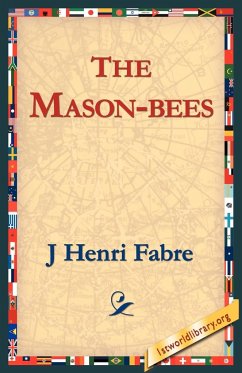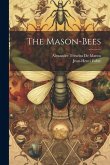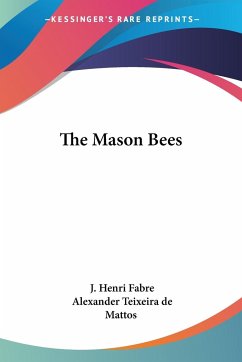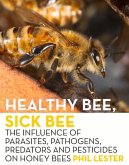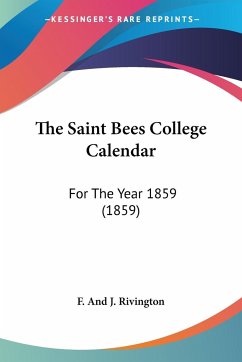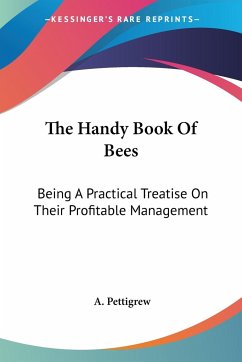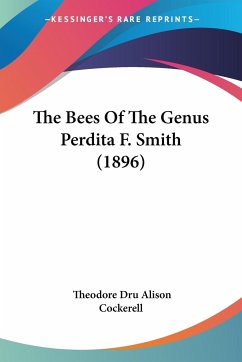Purchase one of 1st World Library's Classic Books and help support our free internet library of downloadable eBooks. Visit us online at www.1stWorldLibrary.ORG - - Reaumur (Rene Antoine Ferchault de Reaumur (1683-1757), inventor of the Reaumur thermometer and author of "Memoires pour servir a l'histoire naturelle des insectes." - Translator's Note.) devoted one of his papers to the story of the Chalicodoma of the Walls, whom he calls the Mason-bee. I propose to go on with the story, to complete it and especially to consider it from a point of view wholly neglected by that eminent observer. And, first of all, I am tempted to tell how I made this Bee's acquaintance. It was when I first began to teach, about 1843. I had left the normal school at Vaucluse some months before, with my diploma and all the simple enthusiasm of my eighteen years, and had been sent to Carpentras, there to manage the primary school attached to the college.
Hinweis: Dieser Artikel kann nur an eine deutsche Lieferadresse ausgeliefert werden.
Hinweis: Dieser Artikel kann nur an eine deutsche Lieferadresse ausgeliefert werden.

